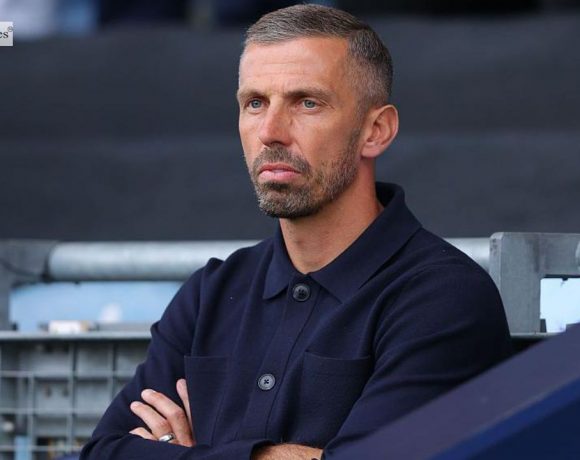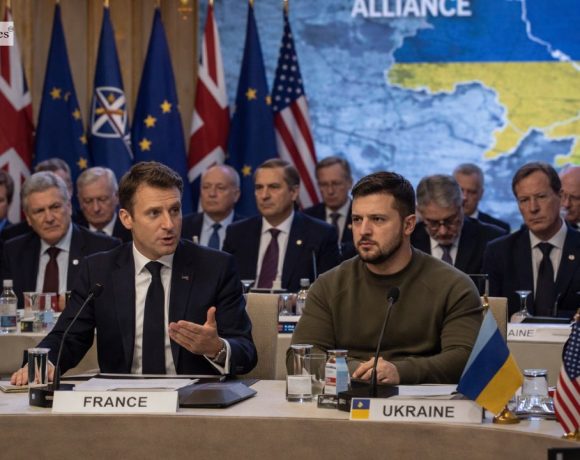
The Trump administration has removed long-standing limits on daily alcohol consumption from the new 2025–2030 Dietary Guidelines for Americans, no longer advising men to limit intake to two drinks a day and women to one. Instead, the updated guidance broadly encourages Americans to drink less to improve health. The change is part of a wider overhaul of federal nutrition advice that influences healthcare guidance, school meal standards and public policy.
Senior administration officials said the previous limits were not backed by strong scientific evidence. Mehmet Oz, administrator of the Centers for Medicare & Medicaid Services, said there was never reliable data to support specific daily drink thresholds and argued that, at best, alcohol should be consumed sparingly and socially. The updated guidelines also emphasize higher protein intake, reduced sugar consumption and avoiding ultra-processed foods, aligning with the administration’s “Make America Healthy Again” agenda.
The move has drawn criticism from public health and advocacy groups, who warn that removing clear benchmarks could encourage heavier drinking. Organizations including the U.S. Alcohol Policy Alliance argue the change could harm public health, while bodies such as the World Health Organization maintain that even low levels of alcohol raise health risks, including cancer. The debate follows years of conflicting research on moderate drinking and comes amid evidence that Americans are already drinking less than in previous decades.
Pic courtesy: google/ images are subject to copyright











